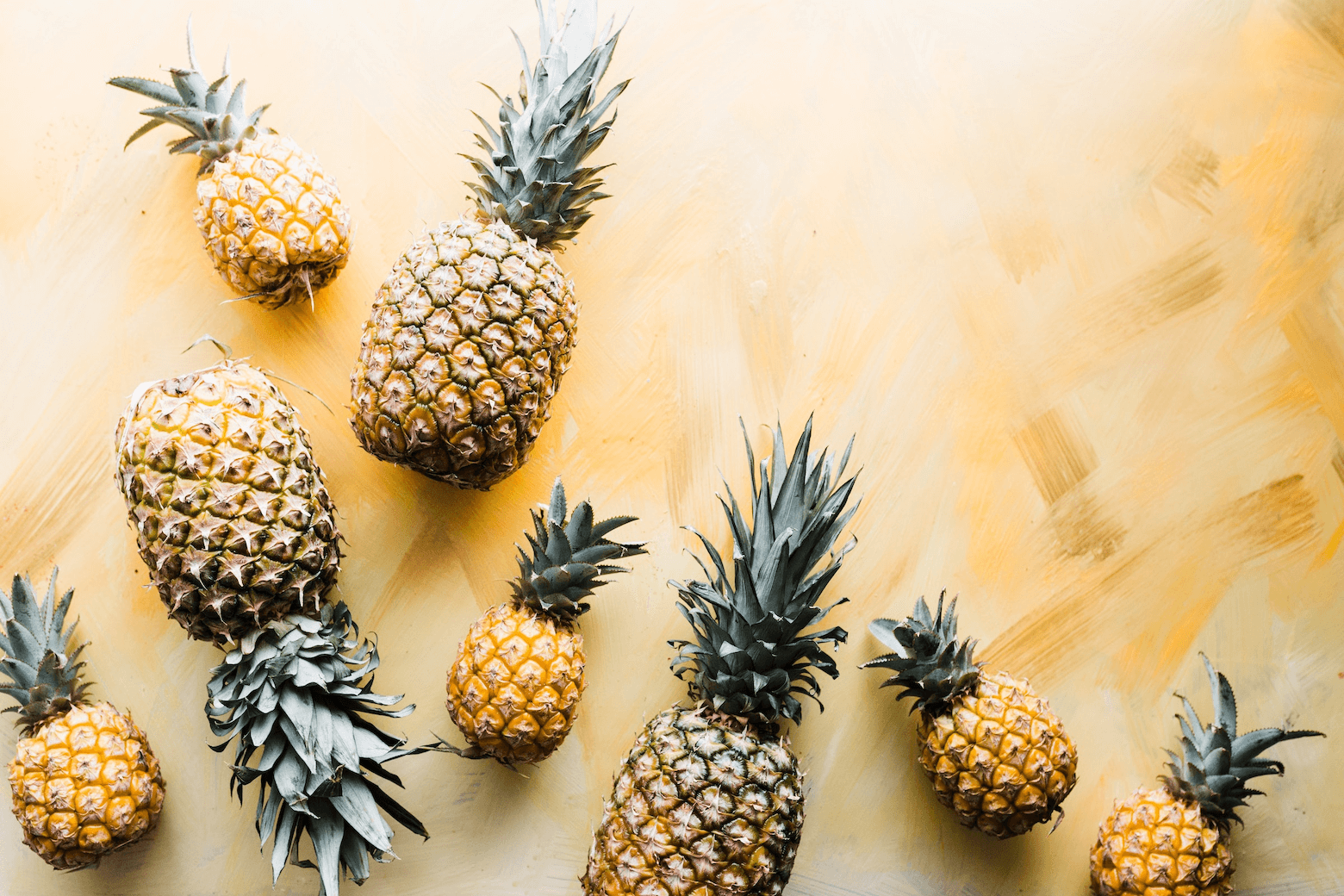CoQ10 & Fertility: What’s all the fuss about?
If you Google “what supplements increase fertility”, one of the top ones that come up are CoQ10 (coenzyme Q10). But what’s all the hype about?
What is CoQ10?
CoQ10 is a fat-soluble antioxidant found in high concentrations in mitochondria. Mitochondria is the “powerhouse” and found in every cell in your body.
What does CoQ10 do?
Helps the mitochondria generate energy that the cell needs as its fuel to do its job.
Is a powerful antioxidant to help prevent cell damage.
What does CoQ10 have to do with fertility?
The quality of the egg is very important factor when it comes to fertility. As we age, the mitochondria become more damaged with time, which results in it being less efficient at generating energy for the cell (the egg when it comes to fertility) to mature in order to fertilize when paired with a sperm.
An interesting tidbit is that eggs contain more mitochondria than any other cell in the body, so providing CoQ10 can theoretically increase these aged mitochondria’s ability to produce more energy, and the improving egg quality.
What does the research say about CoQ10 for fertility?
Studies have shown that there is a strong association between suboptimal mitochondrial function and infertility. The theoretical jump from that to the importance of CoQ10 for the function of mitochondria to CoQ10’s importance for infertility was made.
In Women
Many women today are TTC (trying to conceive) well into their 30s, which is a decade during which infertility rates climb significantly due to age-related decreased egg quality and quantity. There is research that shows this decrease in fertility is associated with decreased mitochondrial function and decreased CoQ10 levels. It was also noted that when supplementing with CoQ10, egg quality and egg quantity measures were improved.
Another study compared IVF patients who did and didn’t take CoQ10 and looked at the follicular fluid content. The follicular fluid is important because it’s the environment in which the egg matures in, and is heavily impacted by oxidative stress. This will negatively impact the egg’s ability to mature. Mitochondria are very sensitive to damage, which CoQ10 can help prevent due to its role as an antioxidant.
A study of IVF patients showed that women who had higher CoQ10 concentrations also had better quality embryos and higher rates of pregnancy. CoQ10 was also associated improved ovarian response and better quality of the embryos.
Another study of IVF patients who had low ovarian reserve showed that supplementing with CoQ10 improved their ovarian response to stimulation, higher fertilization rates and more high quality embryos which helped decreased the rates of embryo transfer cancellations.
Yet another study showed that supplementing with CoQ10 may improve ovarian reserve and the quality of the embryo as well.
There is a lot of preliminary research with animal models (primarily mice). And now, there are more and more clinical studies in women. These studies aren’t large scale studies yet, but that would be the next step!
In Men
The benefit of CoQ10 isn’t just restricted to women. CoQ10 is highly concentrated in the mitochondria found in the middle section of the sperm, where a lot of energy/fuel is required for movement.
Various studies have found that CoQ10 supplementation was associated with improvements of sperm counts, sperm concentration, sperm shape, sperm morphology, sperm motility and fertilization rates. This was even the case in patients who were diagnosed with unexplained infertility, asthenozoospermia (decreased sperm motility) or oligoasthenoteratozoospermia (OAT = low sperm count, poor sperm motility and abnormal sperm shape), varicocele patients and those who were going through IVF.
Can you find CoQ10 in foods?
Your body naturally produces CoQ10 but it can also be found in:
- Organ meats ie. liver, kidney and heart
- Fatty fish ie. herring, mackerel, salmon, sardines and trout
- Eggs
- Whole grains
The Take-Away Message
Although the research on CoQ10 supplementation and fertility is in the early stages, I have been using CoQ10 with my patients because it theoretically makes sense, the preliminary research is very promising and the risk of it having a negative impact is incredibly small. I’ve found that my patients appear to be seeing the benefits similar to the research results, so I’m going to stick to it for now — until the research tells me otherwise.
If you’d like to sit down to discuss how I can help you during your fertility journey, CONTACT ME HERE to set up a complimentary 15 min discovery call/meeting and we can get started.
What’s a discovery call/meeting? It’s where we get to know each other better to ensure that I’m the right practitioner for you and that you have the opportunity to ask your questions about Naturopathic Medicine before we move forward with an initial Naturopathic consultation.
Here are a few more posts on fertility that you might also be interested in:
- Fertility
- Fertility: How Naturopathic Medicine Can Help
- Acupuncture for Infertility
- The Effect of Obesity on Fertility
- Trying to get pregnant? Test your ferritin levels!
- Polycystic Ovarian Syndrome (PCOS)
- Estrogen
- Fertility Plan During COVID-19
And if you’re interested in reading about my personal struggles with my own fertility journey:
- My Crazy IUI Story
- My IVF Story: Part 1
- My Surgery Surprise
- My IVF Story: Part 2
- TW: My Big News!
- My Fertility Journey on Facebook for #CIAW2020
- My Fertility Journey on Instagram for #CIAW2020
References
Ben-Meir A et al. Coenzyme Q10 restores oocyte mitochondrial function and fertility during reproductive aging. Aging Cell. 2015 Oct; 14(5): 887895.
Giannubilo et al. CoQ10 supplementation in patients undergoing IVF-ET: The relationship with follicular fluid content and oocyte maturity. Antioxidants (Basel). 2018 Oct 13; 7(10)
Mancini A & Balercia G. Coenzyme Q(10) in male infertility: physiopathology and therapy. Biofactors. 2011 Sep-Oct; 37(5): 374-380.
Safarinejad et al. Effects of the reduced form of coenzyme Q10 (ubiquinol) on semen parameters in idiopathic infertility: a double-blind, placebo controlled, randomized study. J Urol. 2012 Aug; 188(2): 526-531.
Xu Y et al. Pretreatment with coenzyme Q10 improves ovarian response and embryo quality in low-prognosis young women with decreased ovarian reserve: a randomized controlled trial. Reprod Biol Endocrinol. 2018 Mar 27; 16(1): 29
#drmoirakwokND #1in6 #fertility #infertilityjourney #infertilitysucks #infertilitysupport #infertilitytribe #infertilitywarrior #infertilitysuccess #ttc #ttcjourney #ttcsupport #ttctribe #IUI #IVF #IVFwarrior #IVFjourney #IVFsisters #unexplainedinfertility #youarenotalone









